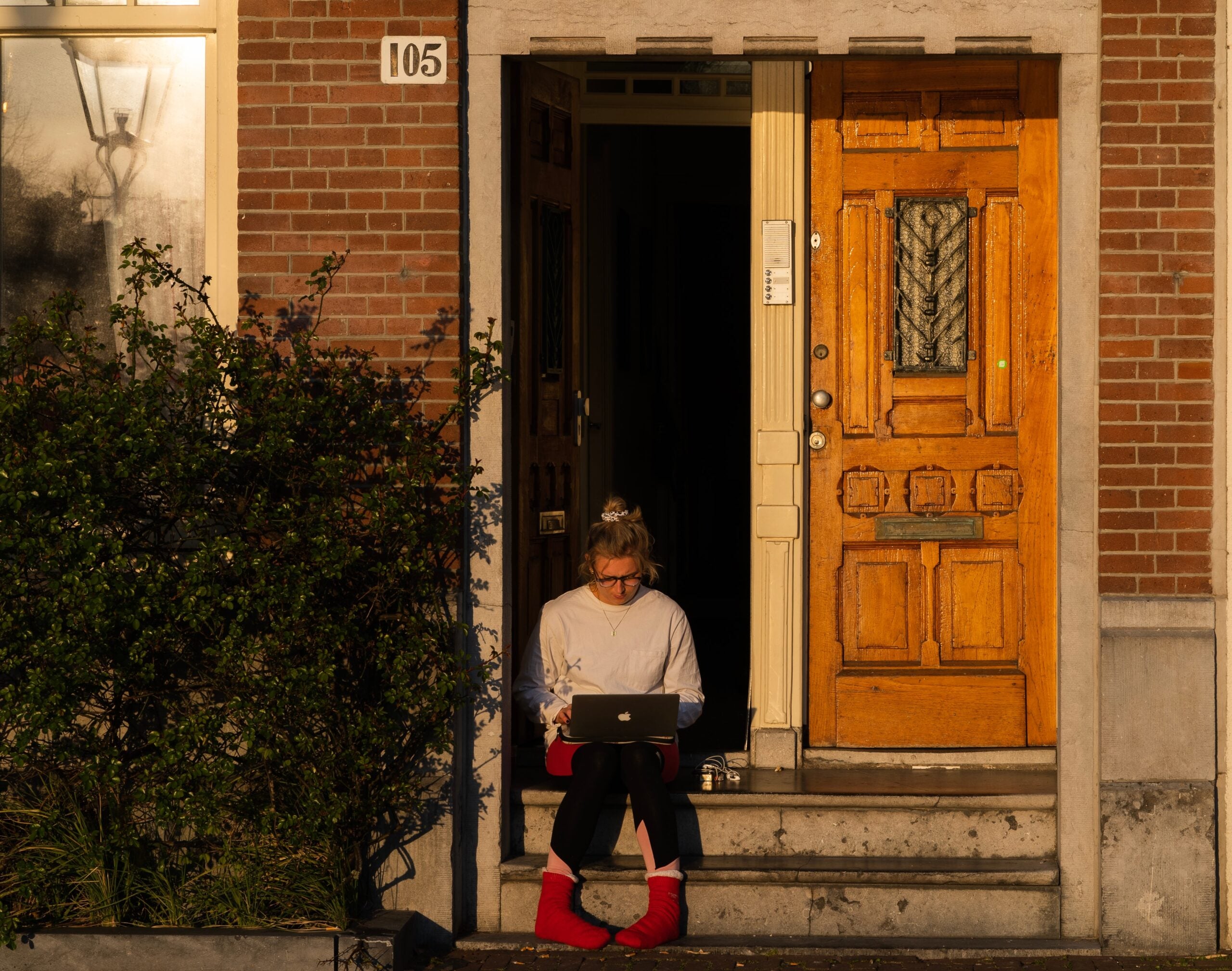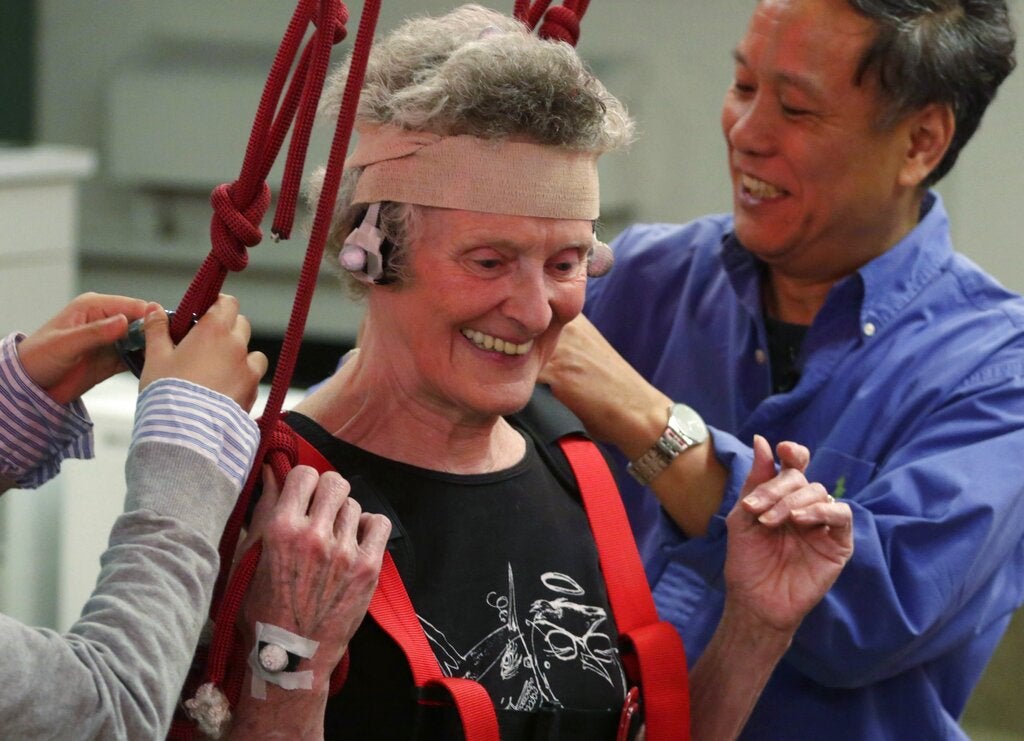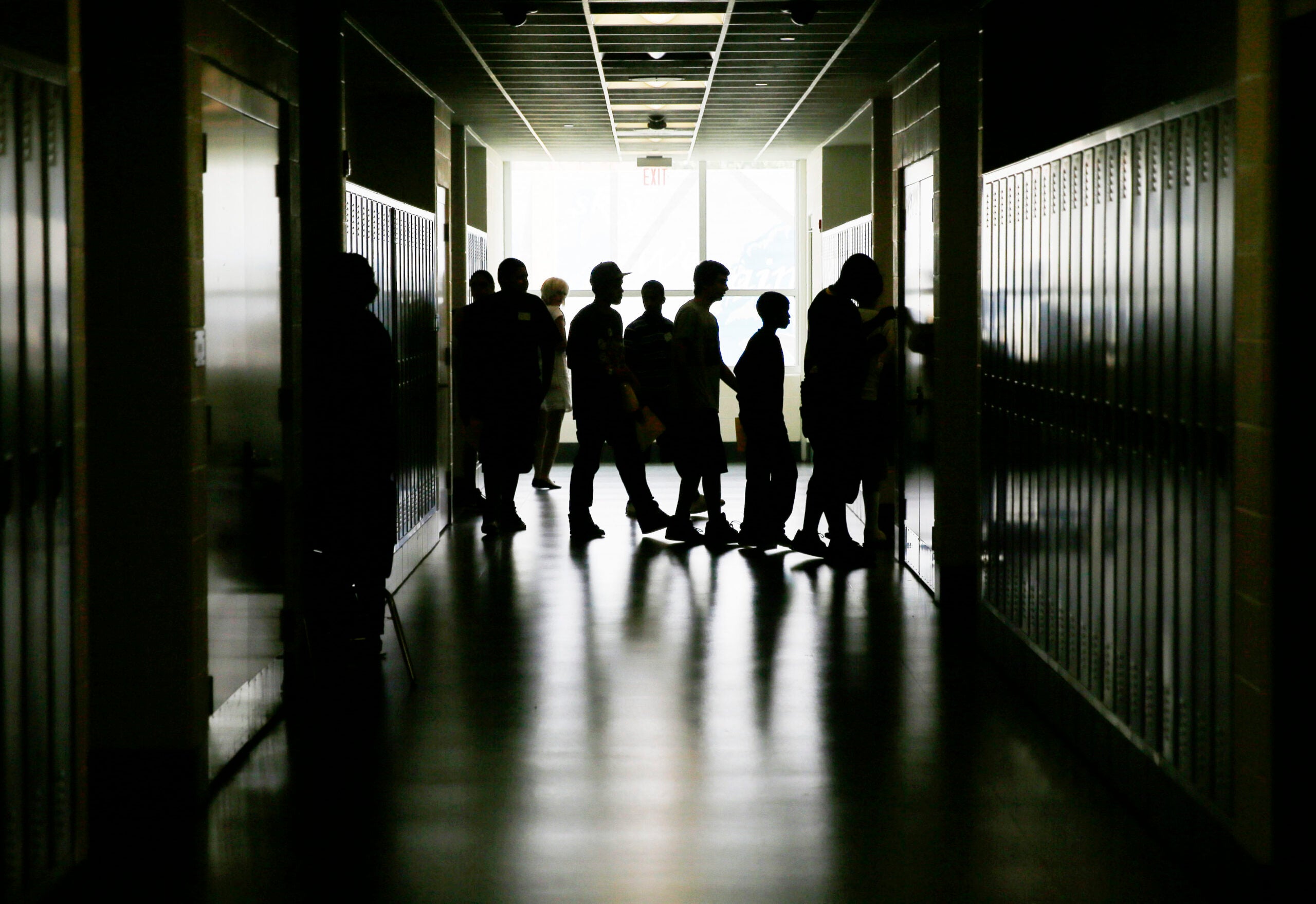Feeling anxious or stressed about your health is often an easy path to go down. But as the coronavirus pandemic has been a constant fixture in our lives for nearly a year, the urge to obsess can feel even more acute.
While feeling some fear about contracting and spreading COVID-19 is normal, excessive anxiety can turn into a problem of its own. Dr. Kathleen Murphy-Ende, a clinical psychologist at the UW Health, recently spoke with WPR’s “Central Time” host Rob Ferrett about health anxiety and offered tips for managing heightened levels of anxiety during these times.
The interview has been edited for brevity and clarity.
News with a little more humanity
WPR’s “Wisconsin Today” newsletter keeps you connected to the state you love without feeling overwhelmed. No paywall. No agenda. No corporate filter.
Rob Ferrett: What do we mean when we use a phrase like health anxiety?
Kathleen Murphy-Ende: Health anxiety is excessive or inappropriate anxiety about one’s health based on a misinterpretation of symptoms. For example, experiencing pain or digestive sensations and interpreting that as indication of a serious illness.
RF: How do we know where the line is for something like COVID-19, this disease that we know is out there and is pretty scary, but we don’t want to end up in this place where the anxiety about the disease is also causing problems.
KME: It’s a good question because most people are concerned — rightly so — about becoming ill or someone in their family becoming ill. But I think the key is when it gets to the point where one is preoccupied with it and spending an excessive amount of time and behavior dedicated to it, that’s when it gets to be more than just normal anxiety.
Anxiety can actually be really a motivating factor for people. A little bit of fear is normal and is actually a protective defense mechanism for one to be motivated to maintain healthy behaviors, such as masking and social distancing and washing their hands. But it really becomes problematic when a person is ruminating, spending excessive amounts of time on the Internet searching for answers and is just preoccupying a lot of their time.
RF: If somebody heard your description of health anxiety and says, “Wow, that’s me, I’m feeling this right now” — maybe it’s not at a point where they need professional help — but what are things they can work on to try to dial that down a little bit?
KME: I think the first step is really to accept that anxiety is a normal emotional response and it’s a protective mechanism. Recognize and validate that anxiety as a normal reaction, and then list your fears and ask how you can minimize the risk.
So, for example, if somebody is really fearful of spreading infection to an elderly parent or friend, then wear a mask, distance, wash hands, limit visits, use phone or video instead. If there’s a fear of side effects from the vaccine, then talk to your nurse practitioner or your health care provider about what your concerns are.
One very important thing to do is to avoid unofficial websites. Look for information from trusted sites that hold themselves accountable for the information that they post, sites such as the Mayo Clinic and the National Institute of Health. It is important to consider the source from which you are obtaining and hearing information about COVID so that you can really sort out what is reality. The power of suggestion can really stay with us.
Then periodically reassess your anxiety level and frustrations. It’s important to tease out what you are feeling anxious about, when you are feeling frustrated, then list those thoughts down and ask yourself again, what can you do to minimize risk and avoid catastrophic thoughts.
RF: What about people out there thinking, I’m on the edge of that anxiety, beyond what I need to be?
KME: Recognize that is important because anxiety can grow. We’re really all about early detection and prevention. And so, if you are feeling angst or anxiety at a high level, then I think it’s really important to reach out to a mental health provider. That’s what they’re there for. They deal with this every day, particularly now over the past year. You’re definitely not alone and they can work with you and teach you simple techniques to get that anxiety under bay.
Wisconsin Public Radio, © Copyright 2026, Board of Regents of the University of Wisconsin System and Wisconsin Educational Communications Board.






